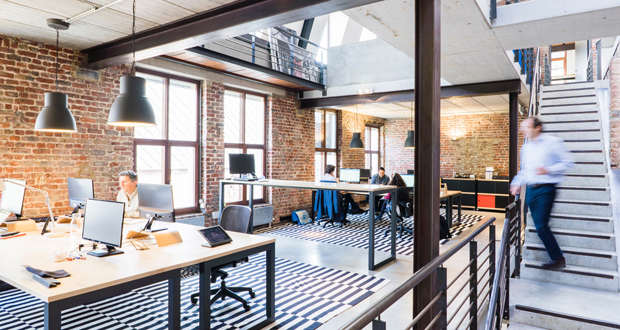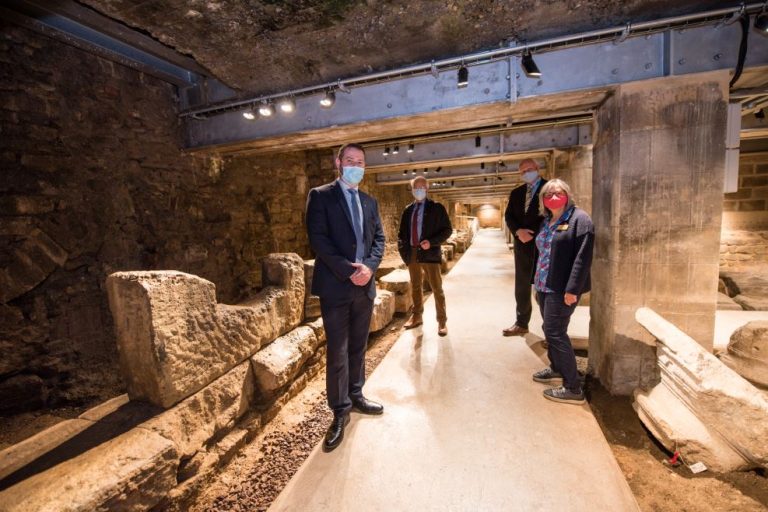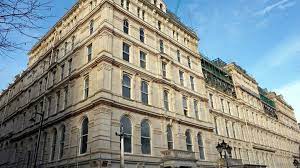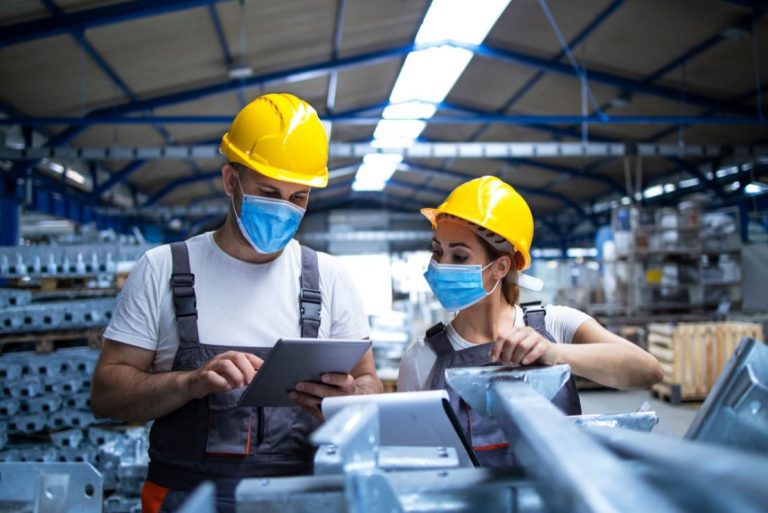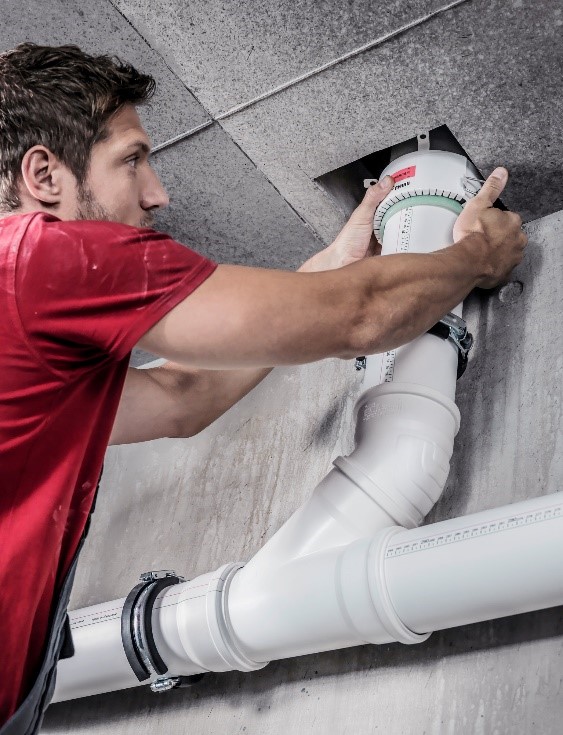Are you out of ideas for your upcoming business meetings? Don’t worry; there is always something you can discuss with the rest of your team. Whether it’s securing your business, finding new sources of income, or increasing your customer base, there are many topics you can bring to the table. By focusing on one topic at a time, you will give your employees a chance to speak up and comment on the current situation. More importantly, you will create an environment where every voice is heard and valued. Without further ado, here are some topics of conversations that you should use for your next couple of meetings: How to Reach the Company Goals Goals are set for a reason. They direct your company to where it needs to go in order to be successful. Whether you own a startup or a small business, goals should be created and followed no matter what. At the beginning of every quarter, discuss your goals with employees. For larger companies, it is recommended that you hold quarterly meetings to make sure everyone is on the same page. If you manage a company that has multiple branches or stations, you can hold a yearly meeting where the goal-setting process takes place. Remember to give your employees the possibility to ask questions and express their concerns, whether you talk about the benefits of a managed SIEM or hiring a new cleaning company. This way, you show them that you care about their opinions. Developing New Sources of Income If you want to reach all of your company goals, you need to find new sources of income. In the end, if there is no money to cover the costs, your business won’t be able to grow. Although most companies depend on regular customers, they don’t really care where those come from. But every customer is valuable since they help sustain your business. Instead of trying to replace those that are leaving, it would be better to find new customers. At a business meeting, discuss new ways of finding clients and keeping them loyal to the company. Improving Current Products Your company is only as good as your products are. If the products aren’t up to par, then your business won’t last long. If you want to remain competitive in the market, you need to improve your products or create new ones altogether. Improving current products can take more than one form. For example, if you have a line of clothing items, you can add a few new designs or make the materials stronger so they last longer. If you have a food brand, you can change the recipe to make the product tastier or add more nutritious ingredients to give it more value. Your employees can help you brainstorm and create new ideas for development. Determining Which Product Ideas Are Worth Pursuing You might have heard about several product ideas that were too good to be true – so much so that they never made it past the drawing board stage. Nowadays, there are so many products out there that it can be challenging to determine which ones should and shouldn’t be sold on the market. The solution? Holding meetings where you can decide which product ideas have real potential and which ones should be cast aside entirely. Have a brainstorming session or ask your employees or colleagues some questions about the products via Google forms. This can save you both time and money. Improving Productivity at Work One of the hardest things about managing a team is getting it motivated enough to work hard on a daily basis. However, improving productivity is not an easy task, as there can be many causes for your employees’ decreased enthusiasm. Too many or too few tasks, short-term objectives with no career vision, lack of flexibility, feeling undervalued – these are just a few. To learn how you can improve your workers’ productivity, ask them about that. Take an interest in what they do and do not like about the job, and figure out together how you can improve the overall experience. Getting Feedback from Employees If you want to make sure that your employees are happy, you need to ask them for feedback. This is important regardless of the type of company you manage – whether it’s a large corporation or a small business. The truth is that if employees feel like they can voice their opinions, they will be more willing to give their all to the company. More importantly, you should show your employees that their opinions matter to you. Even if you disagree with what they have to say, you should still listen to them as long as it’s constructive criticism. However, you don’t have to bear the complaints if they lack any confirmation. Conclusion Business meetings can seem senseless, especially if you don’t know what to discuss. In that case, not only will you lose precious time, but your employees will also lack respect for you. After all, both you and they could have done something productive, but instead, you have spent half an hour in one room trying not to fall asleep. However, there is always something to talk about when it comes to business meetings. Reaching company goals, getting feedback, improving productivity, brainstorming new product ideas – these are just a few things that you can discuss. To make the most of your time, choose one or two topics, invite your employees to a business meeting, and spend some quality time together.
